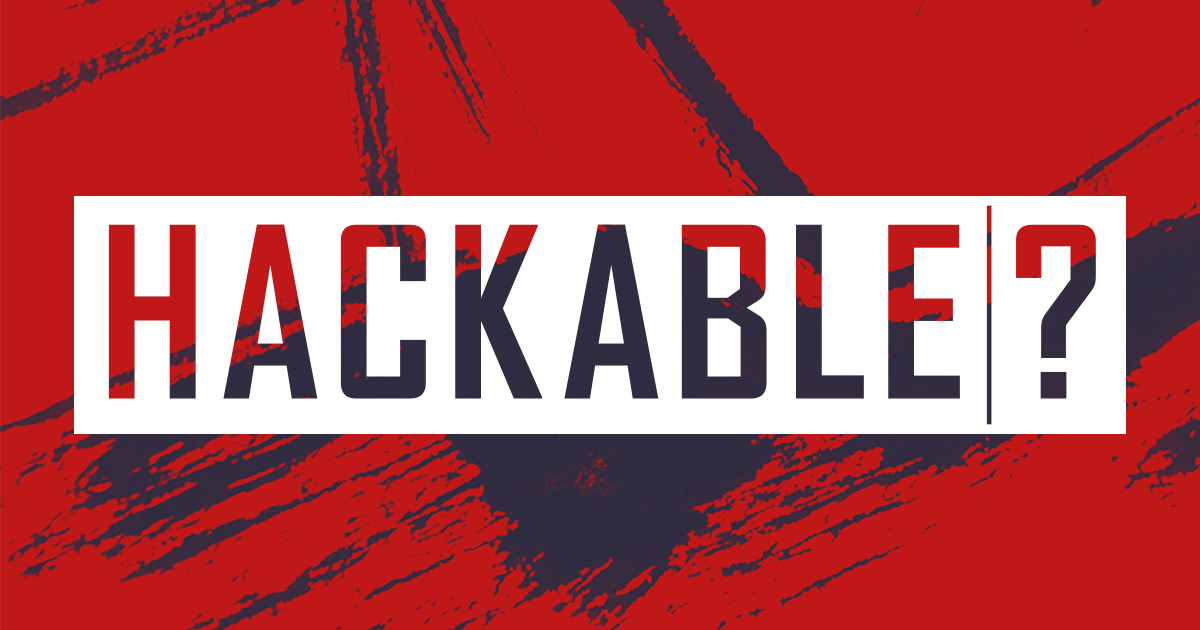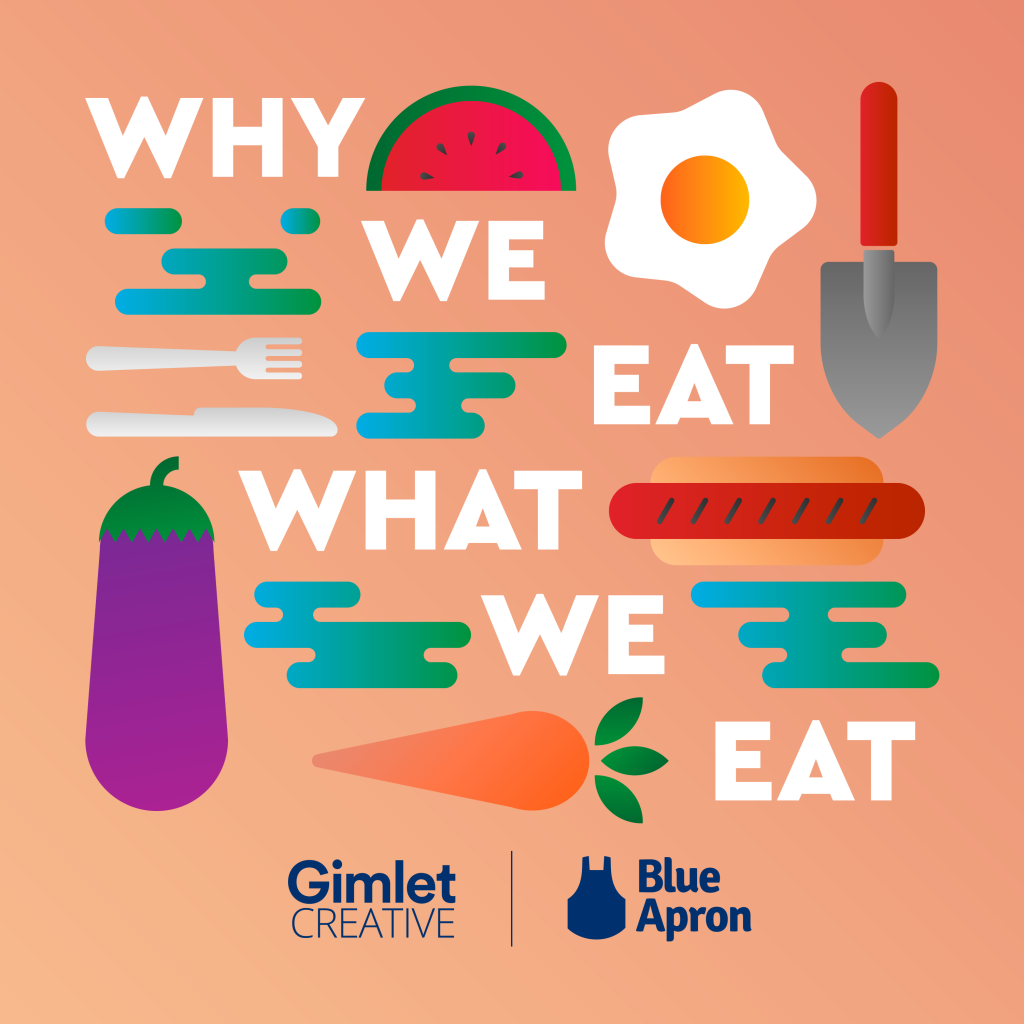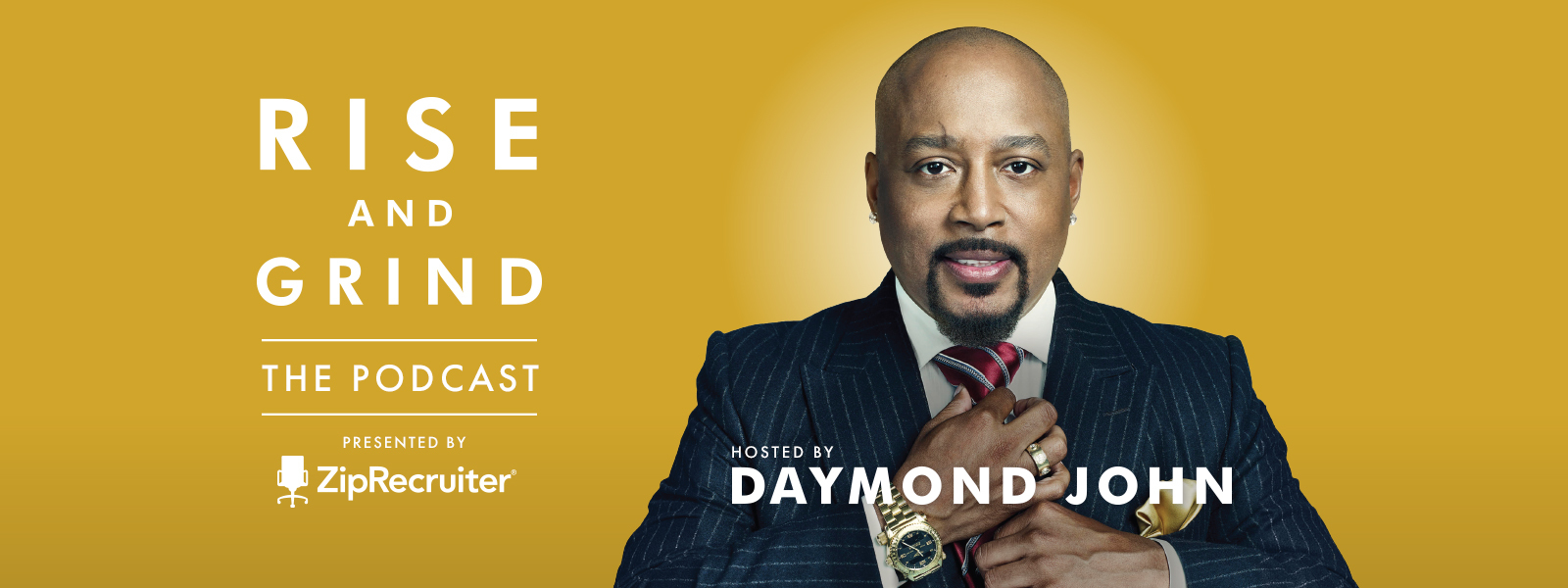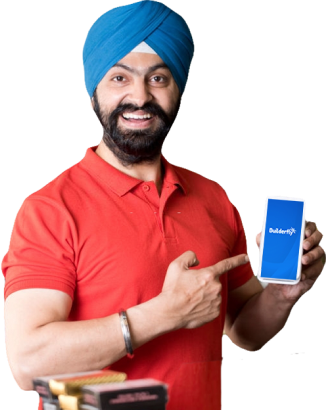Podcasts just may be the next big thing in content marketing—at least, that’s what a lot of the thought leaders are saying these days.
Podcast marketing requires a level of commitment from audiences most other content forms don’t. Listeners can’t skim podcasts like they can skim articles. It takes much more time and focuses to listen to a 20-minute podcast episode than it does to scroll through a brand’s Instagram feed.
So if you want to create a branded podcast, how do you keep audiences hooked for the long haul?
To answer that question, we went searching for some of the most engaging branded podcasts out there. The three companies profiled below are all vastly different from each other. But all three have managed to create podcasts that earn good ratings and amass a regular following of casual listeners.
Each of these branded podcasts taught us some interesting strategies that almost any business can draw from to make their podcasts successful—and they were pretty entertaining, too.
Hackable?
Plenty of things being said about cybersecurity these days. But somehow, Hackable? has found a new approach to the conversation. Formatted as an investigative look into hacking myths, this podcast from McAfee manages to be genuinely amusing while instilling in its listeners a healthy fear of hackers.

Hackable‘s episodes typically begin with a description of a fictional hack (examples from Mr. Robot feature pretty heavily). The host then spends the episode interviewing tech experts and white hat hackers to discover if these hacks are possible. Surprise: They almost always are. The show has an investigative, Mythbusters-esque feel to it as white hat hackers recreate hacks while a flabbergasted host watches his accounts being breached (or his car getting broken into, or a hacked car wash trapping him inside . . .)
And no, his advice isn’t to buy McAfee’s security solutions. He gives vendor-neutral tips—changing passwords, avoiding public Wi-Fi, and the like. Hackable? doesn’t overtly promote McAfee, but it does position a McAfee employee as an expert capable of keeping you safe and demonstrates in every episode exactly why you need his expertise.
The Takeaway
Podcasts like Hackable? show how a product solves a real-life need and demonstrates that need in authentic scenarios, keeping the listener hooked while subtly making the case that they should buy the product themselves.
Why We Eat What We Eat
Our second stop was Blue Apron’s new podcast, Why We Eat What We Eat. This show mixes investigative reporting with storytelling to provide fresh insights into the unseen forces that shape our eating habits, examining topics from the sudden kale craze to the evolution of Chinese food in America.

The podcast benefits from a popular host with a bit of influencer power, authentic conversations and creative insights with guests from all walks of life. We were especially captivated by the episode on how climate change may change our diets shortly.
Instead of being a thinly veiled commercial, Why We Eat What We Eat is a genuine exploration and celebration of food. Listeners don’t leave the podcast convinced that Blue Apron is the best meal delivery service out there, but they do leave it excited about cooking and tasting new, exciting foods—something Blue Apron can certainly help with.
The Takeaway
Why We Eat What We Eat demonstrates how branded podcasts can draw on features that successful non-branded podcasts are often defined by—authentic stories, likable hosts, and fresh insights. These factors help build a dedicated audience that, through the course of the show, eventually becomes genuinely interested in what your company has to offer.
Rise and Grind
Branded podcasts are specifically targeted to B2C audiences, however, B2B brands have a place in the podcast landscape too. ZipRecruiter‘s show, Rise and Grind, prove this concept. It speaks to entrepreneurs eager to take their budding businesses to the next level. Each episode is formatted as an interview, with Daymond John (of Shark Tank fame) asking a different entrepreneur about how they approach their own personal “grind.”

Interviewing someone is a winning idea for a successful podcast format, and Rise and Grind show why. Interviews allow for authentic discussions that are structured enough that they don’t stray off-topic, but unstructured enough that the conversations feel organic. The result is an engaging show that manages to take listeners to the heart of what makes these guests successful.
Besides the credits at the beginning and end of each episode, there’s also a brief break in the middle where Daymond John interviews an executive from ZipRecruiter. This executive provides entrepreneurial advice based on his own life experiences similar to wisdom provided by John’s other guests.
The Takeaway
Interviewing guests is a smart strategy for getting unique, interesting podcast episodes without having to write a new script every week. If the interviewee or interviewer has some influencer power, so much the better. And if you do want to mention your brand outside of the credits, that’s fine—as long as it’s in a way that’s interesting and useful to your audience.
The Secret of Podcast Marketing Success
Looking at these three branded podcast examples, a common theme emerges the importance of authentic first-person narratives and good storytelling.
Podcasts are fantastic tools for reaching new audiences, but only if they’re done with care. The good news is that, as these podcasts demonstrate, every company can find authentic stories related to their brands, whether those stories are revealed through interviews, investigations, or real-life demonstrations. With some serious ideas about what kind of stories your ecommerce store can tell and a commitment to honesty, you have what you want to start making an engaging podcast, regardless of the industry type.
For more stories like this, subscribe to the Builderfly newsletter!







